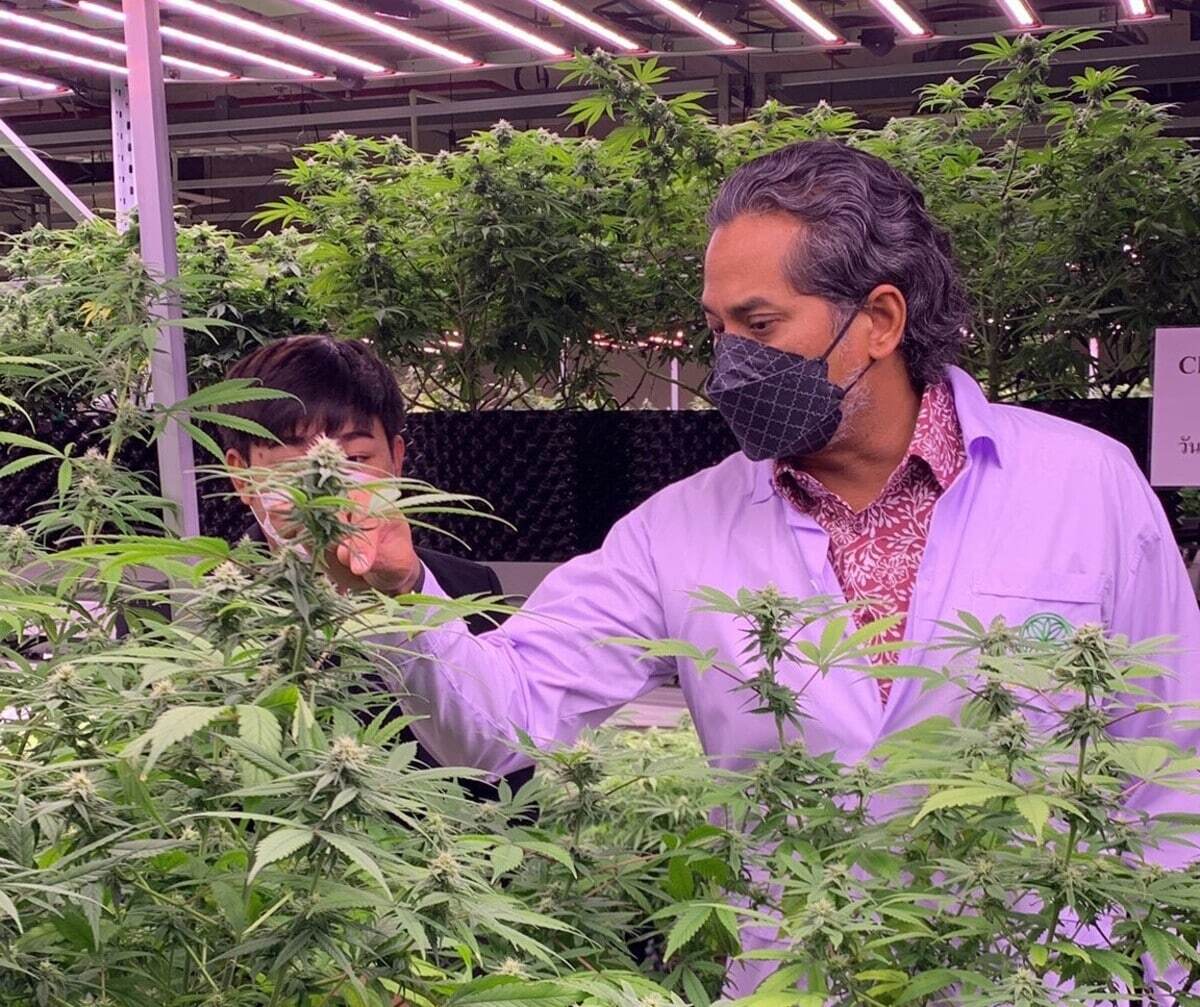KUALA LUMPUR, Oct 6 – The Ministry of Health’s (MOH) Institute for Clinical Research (ICR) is reviewing Thailand’s clinical applications for cannabis as part of ongoing efforts in Malaysia to form a legal framework for its medical use.
Health Minister Khairy Jamaluddin, in a written response to Parliament on October 4, said the ICR is in the process of “collecting and examining” Thailand’s cannabis use under medical supervision alongside clinical practices in other countries.
The MOH’s team of medical experts are also drafting several clinical trials on the use of cannabis to treat patients suffering from chronic pain and pain in cancer.
Khairy was responding to a question by Shah Alam MP Khalid Samad, who inquired about the results of the health minister’s three-day bilateral working visit to Thailand in August to study the country’s use of alternative treatment, particularly cannabis.
Khairy said a study titled “Attitudes and Beliefs Towards Medical Cannabis Use Among Medical Practitioners in Malaysia”, involving 456 medical practitioners on their attitudes and perception towards medical cannabis,, has also been registered with the National Research Medical Register (NMRR).
“The results of the study will become the benchmark on the perception of medical cannabis use in Malaysia,” Khairy said.
Overall, Khairy described his visit to Thailand as a “success” as it allowed the MOH to observe the medical use of cannabis and ketum (kratom leaves) in Thailand as the ministry considers their potential use in the medical field in Malaysia.
During his visit to Thailand’s Government Pharmaceutical Organisation’s (GPO) marijuana manufacturing plant, Khairy expressed the government’s interest in importing Thailand’s medical cannabis products for clinical research. At the GPO manufacturing plant in Bangkok, Khairy was briefed on the production, cultivation, and use of medical cannabis.
CodeBlue previously reported that clinicians practising in chronic pain, palliative care, and cancer in Malaysia were largely opposed to prescribing cannabis to patients without strong evidence of the drug’s safety and effectiveness.
It should be noted that although cannabis may have the potential to help sufferers deal with chronic pain, many experts still cite a lack of evidence of its medicinal qualities.
The International Association for the Study of Pain (IASP) does not endorse the general use of cannabinoids in the treatment of pain, citing a lack of evidence from high-quality research.
The lack of research has been attributed to legal and regulatory hurdles that researchers have to face if they want to conduct research on cannabis.
In Malaysia, the Dangerous Drugs Act (DDA) 1952 places a blanket ban on cannabis, which hinders local researchers at public universities from studying the safety and effectiveness of cannabis due to legal restrictions.








